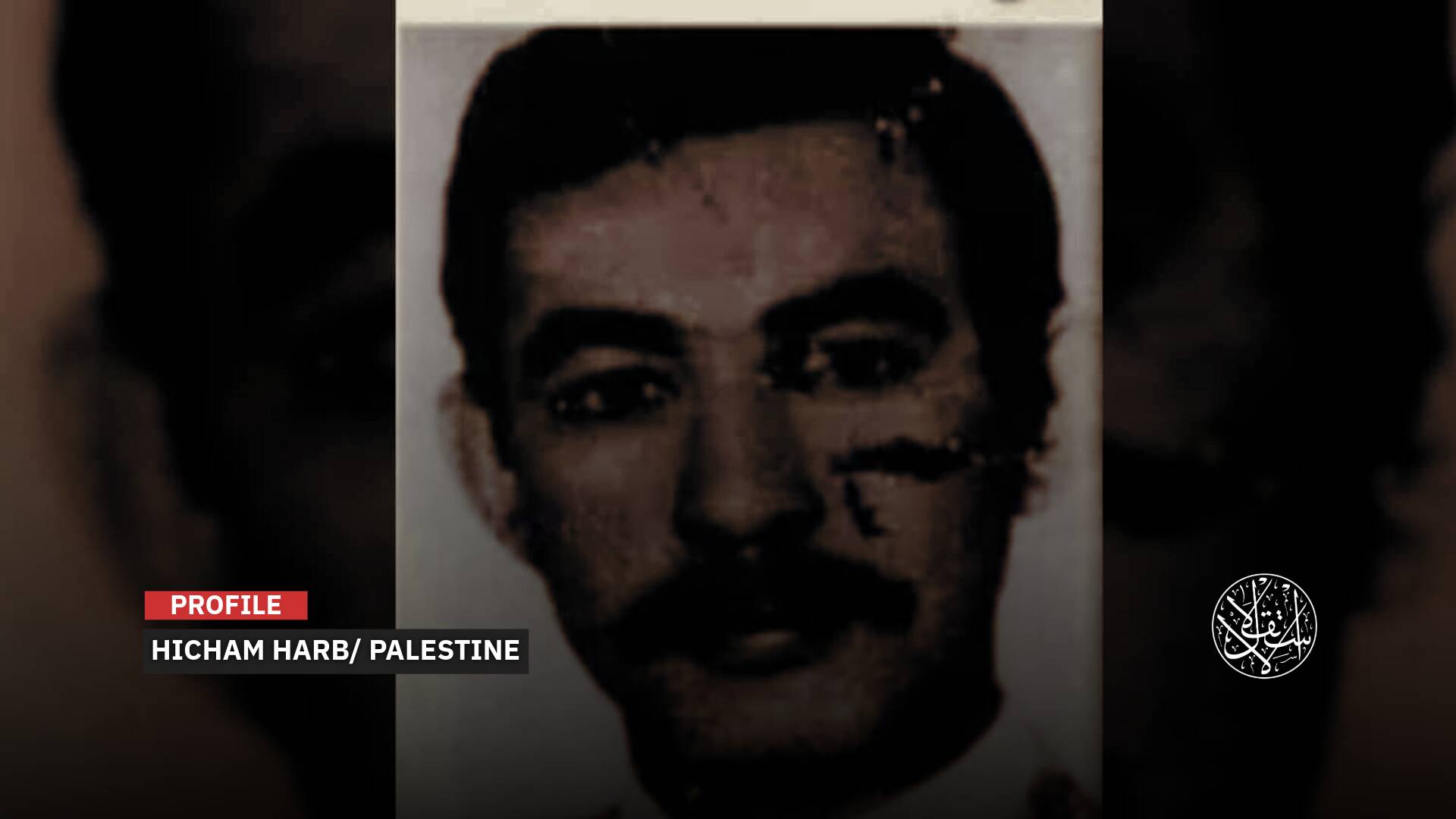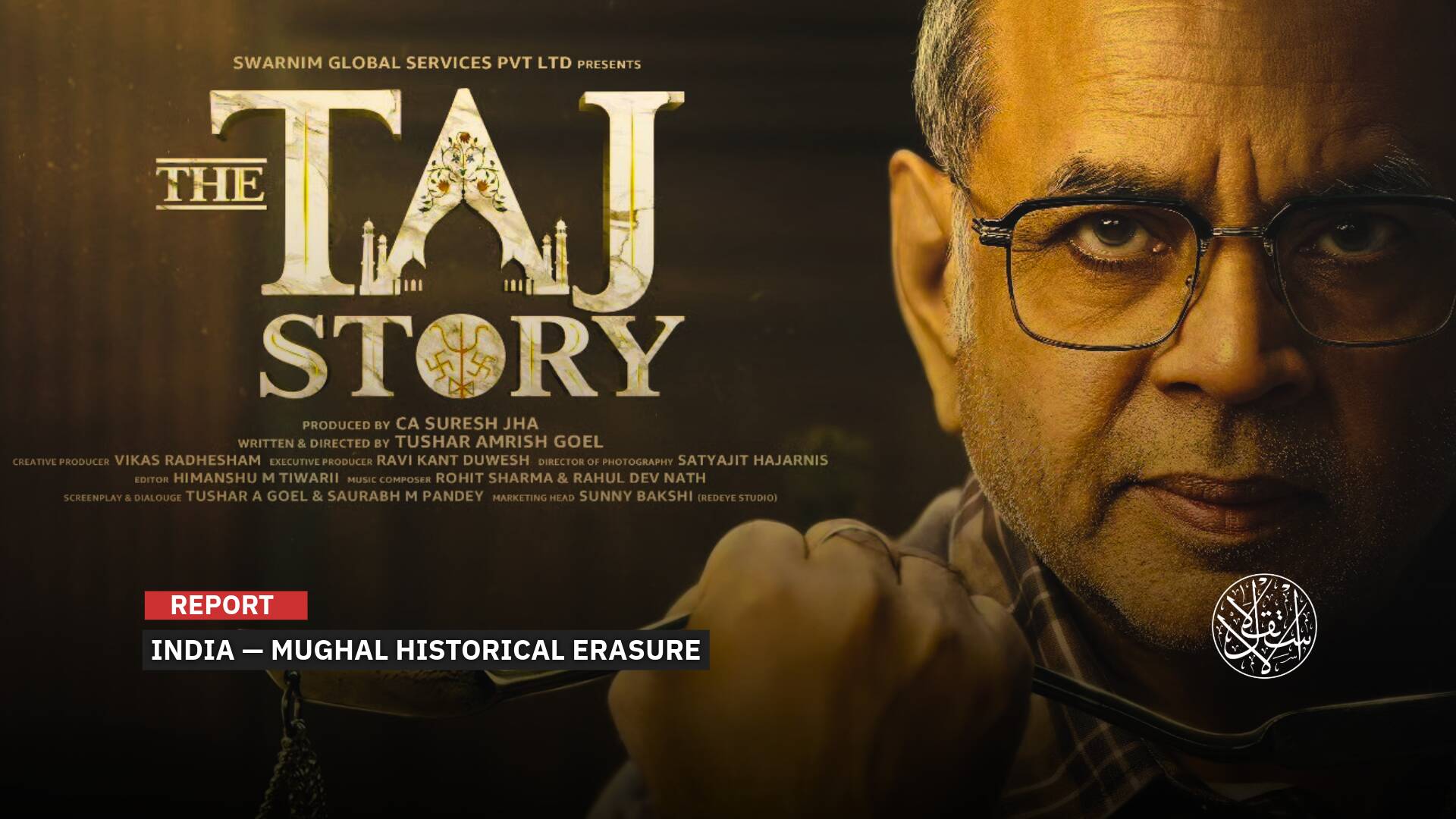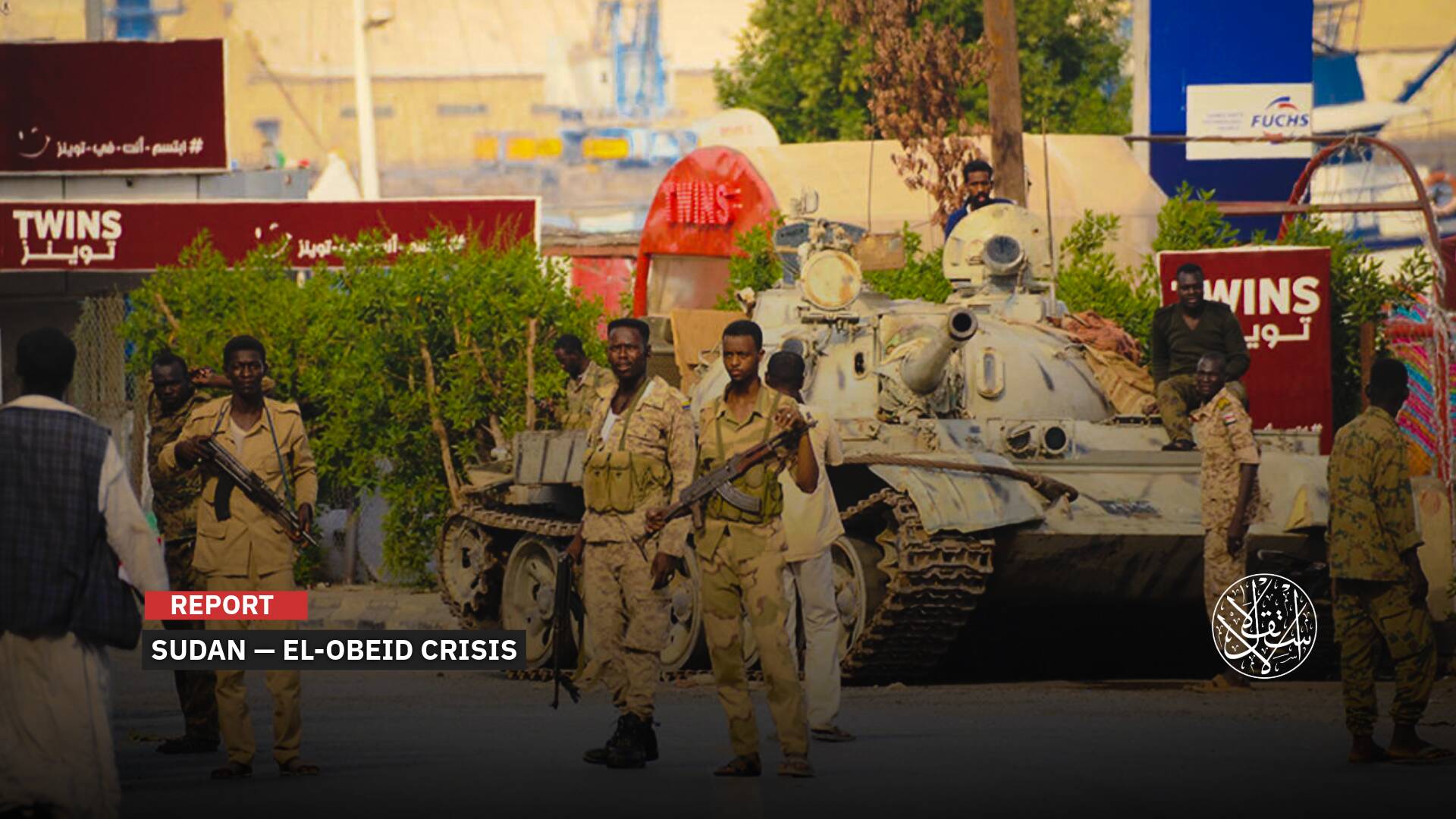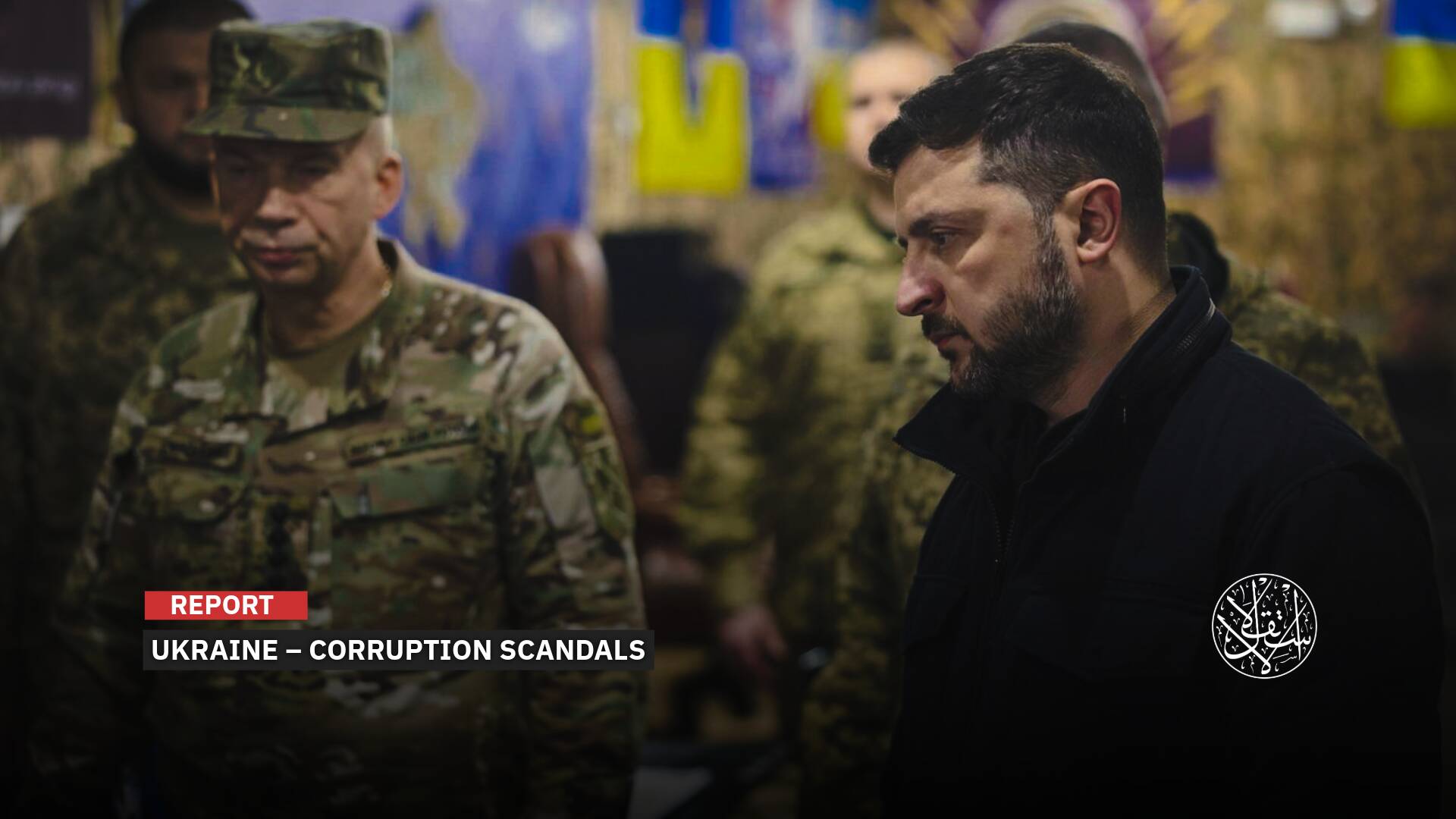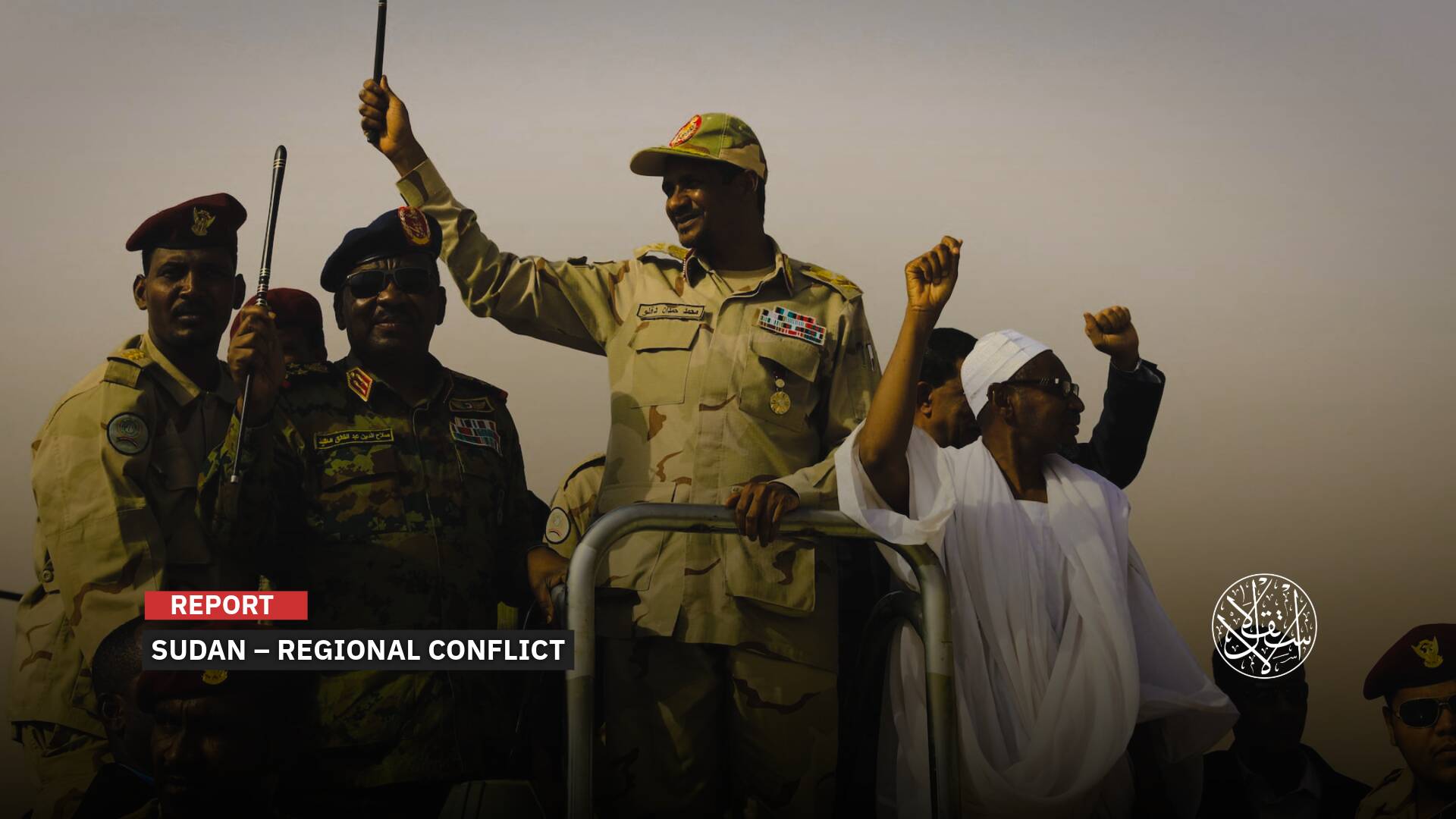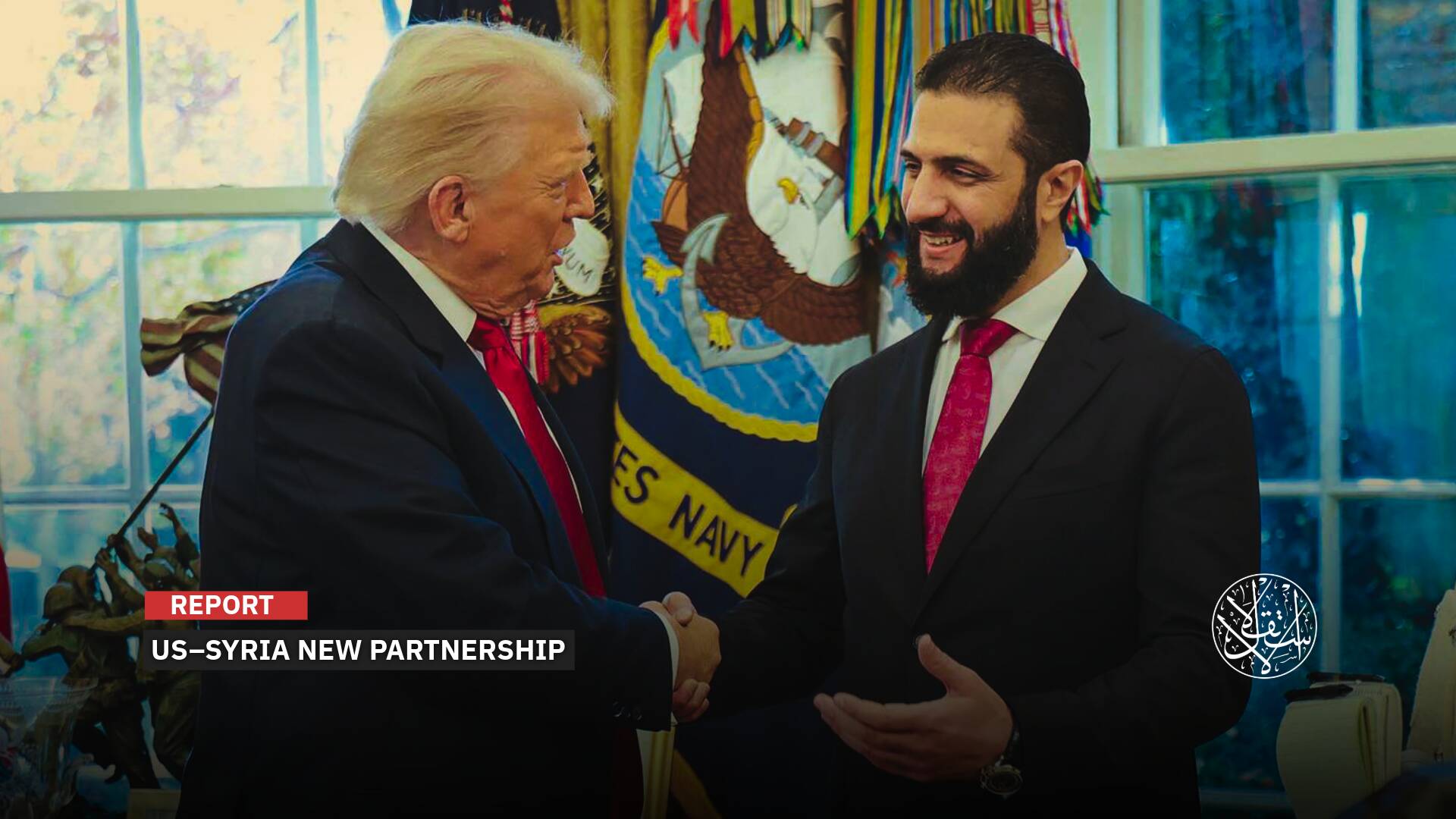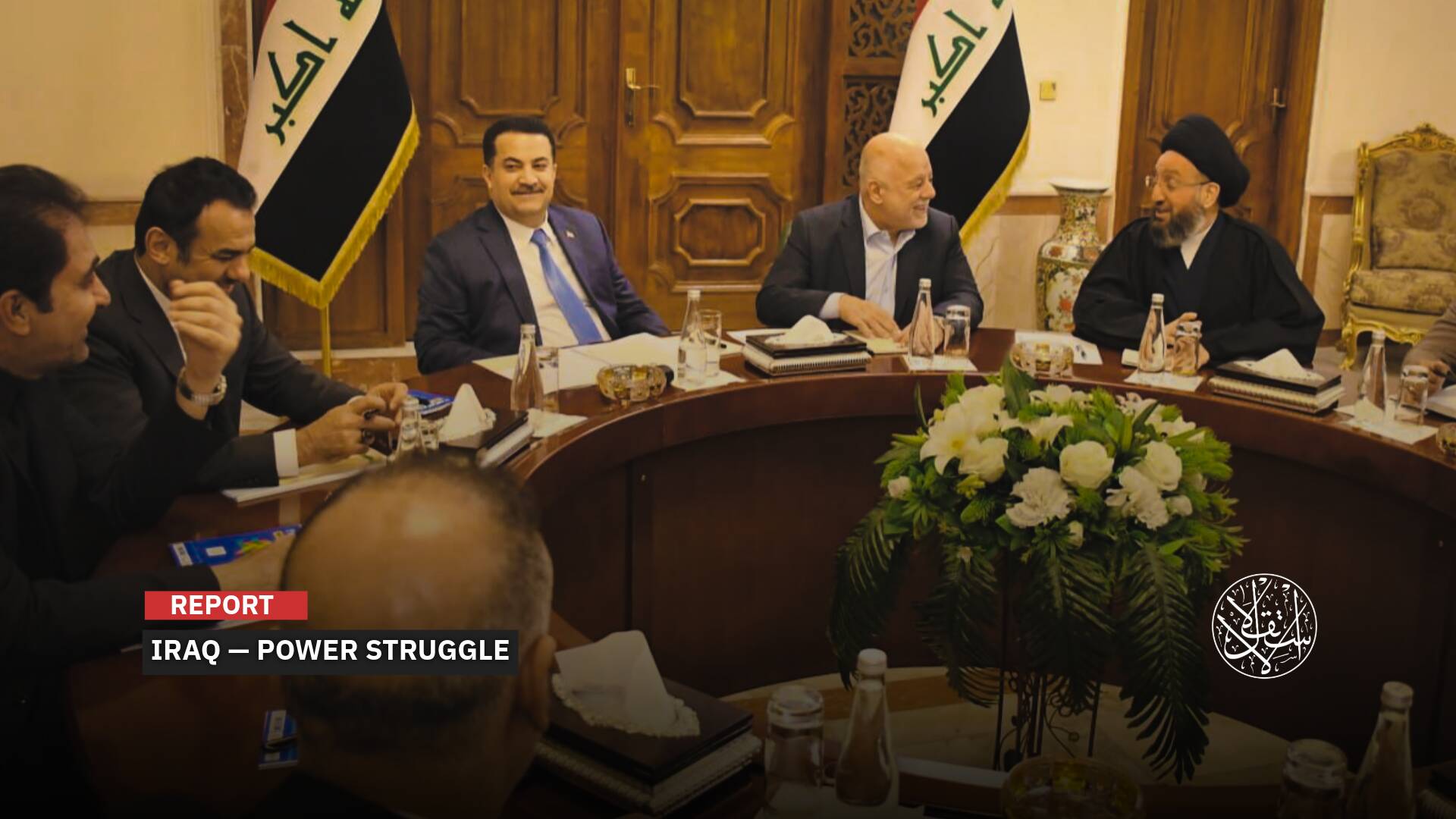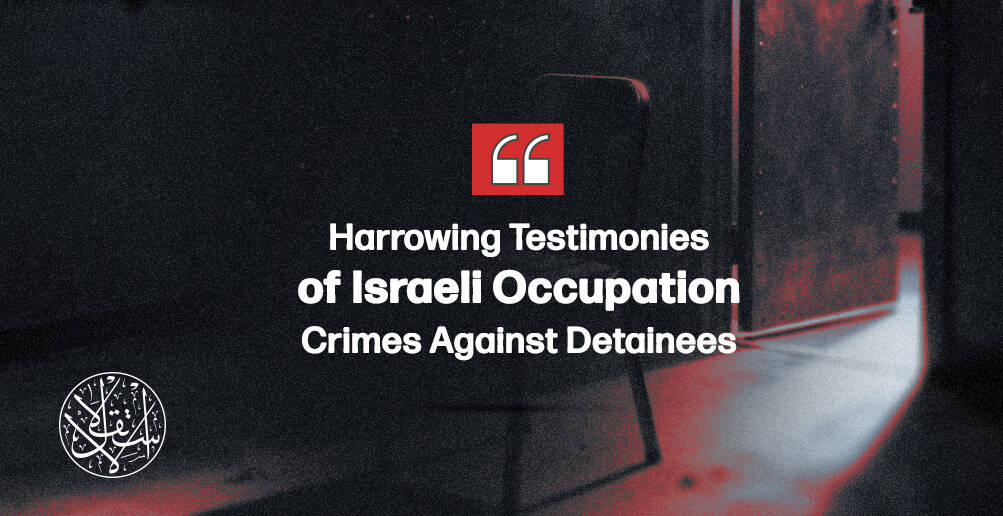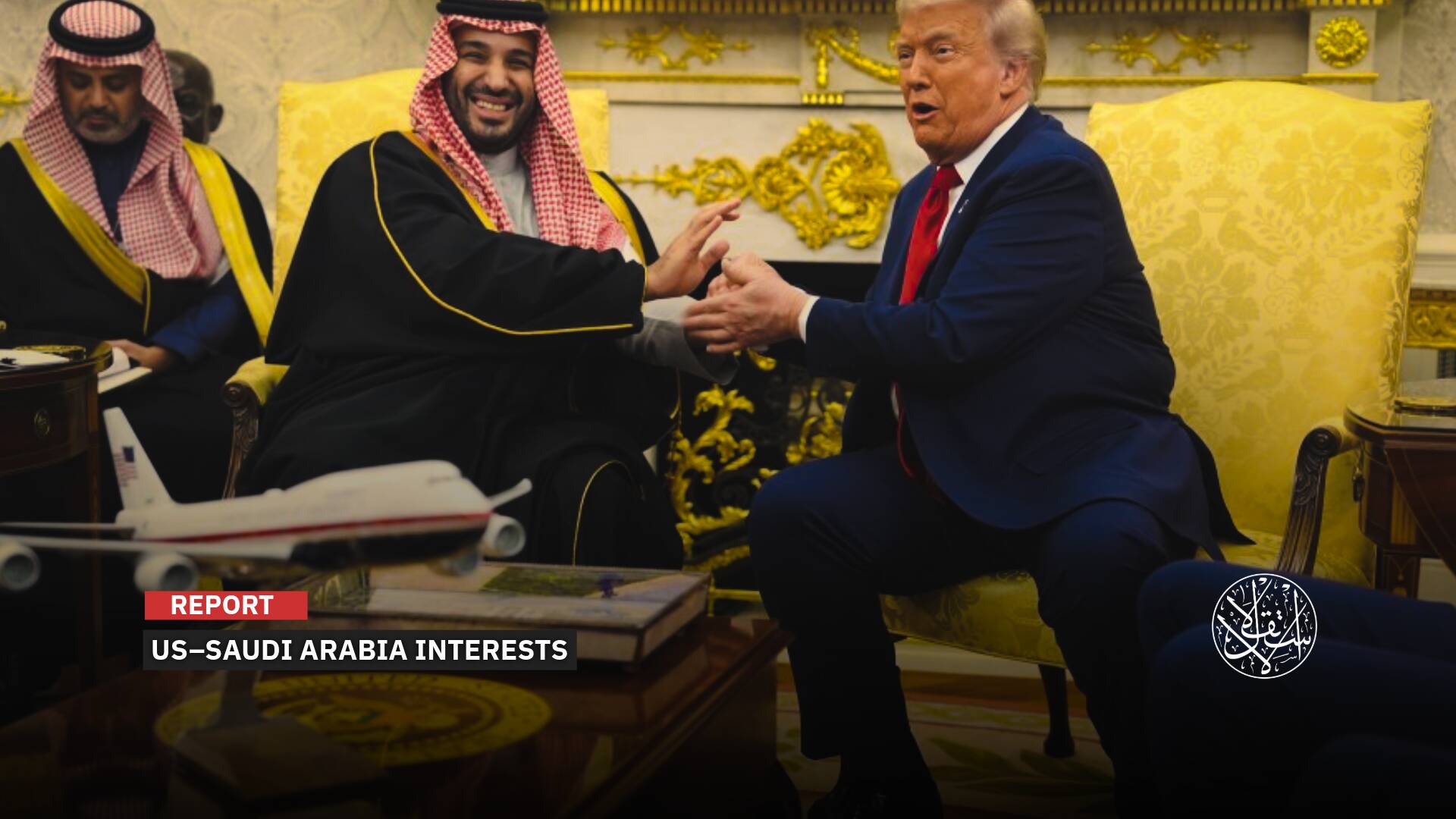Algeria's Diplomatic Crisis with the Sahel Trio: A Step Towards Armed Conflict?

The tension isn’t new, it’s been building up for a long time.
Algeria is facing a new diplomatic crisis with three African nations: Mali, Niger, and Burkina Faso. The dispute has sparked questions about how the situation will unfold and whether Morocco could use the opportunity, given the ongoing tension between Rabat and Algiers.
The three countries announced on April 6, 2025, the recall of their ambassadors from Algeria for consultations. They accused Algiers of shooting down a Malian military drone on the night of March 31, near Tinzaouaten in the Kidal region.
In a joint statement, the three nations, all members of the Alliance of Sahel States (AES), described the incident as a “hostile act by the Algerian regime.” They pointed to an earlier AES decision from December 22, 2024, which had declared the confederation's territory a unified military zone.
The council said the drone’s downing was an act of aggression against all member states and called it a “malicious attempt to support terrorism and destabilize the region.”
Tensions Escalate
Algeria responded swiftly. It recalled its ambassadors from Mali and Niger and postponed the appointment of its new envoy to Burkina Faso, citing the principle of reciprocity.
In a statement issued on April 7, Algeria’s Foreign Ministry expressed “deep dismay” at the accusations, especially those made by Mali's transitional government. It dismissed the allegations as false and desperate attempts to distract from what it called a failing coup project that has dragged Mali into insecurity and chaos.
Algeria also brushed aside claims of any link to terrorism, saying they were too unserious to even warrant a response.
Algeria stated that all information related to the downing of the Malian drone is available in the Defense Ministry’s database, including radar images that clearly show a violation of Algerian airspace.
The Algerian government expressed deep regret over what it called the “reckless alignment” of Niger and Burkina Faso with Mali’s “baseless claims.” It also condemned the “offensive and unjustified language” used against Algeria, calling it unacceptable.
Since early 2025, Algeria and Mali have exchanged accusations, mainly over Algeria’s alleged support for Azawad armed groups in northern Mali.
In January 2025, Algerian Foreign Minister Ahmed Attaf stated that Algeria “will not accept the transformation of political movements that signed the Algiers Agreement into terrorist gangs,” referring to Azawad groups seeking independence from Mali.
Mali’s Foreign Ministry responded with a strongly worded statement, warning Algeria against interfering in its internal affairs. It urged the Algerian government to “focus on its own domestic crises and stop using Mali as a tool for foreign political agendas.”
Malian authorities later announced they had filed a complaint with international bodies, accusing Algeria of “hostile acts,” specifically the downing of the Malian military drone.
In a statement signed by government spokesman General Abdoulaye Maiga, Mali also declared its withdrawal from the Joint Operational General Staff Committee—a security body formed in April 2010 in Tamanrasset, bringing together Algeria, Mauritania, Mali, and Niger.

New Escalation
The tensions between Algeria and Mali have gone beyond summoning ambassadors, filing complaints with international bodies, and trading sharp statements. The standoff has now reached the point of a complete airspace shutdown between the two countries.
Algeria announced it was closing its airspace to all flights coming from or heading to Mali. The decision took effect on April 7, 2025, and was justified by what the Algerian government called Mali’s repeated violations of its airspace.
Mali quickly responded with a reciprocal measure, announcing it would close its airspace to all civilian and military flights to and from Algeria starting on the same day, until further notice.
Meanwhile, the public prosecutor at Mali’s Court of Appeals, which specializes in counterterrorism and cross-border crime, ordered a judicial investigation into the drone “downed by the Algerian army.”
The prosecutor stated on April 10, 2025, that the investigation aims to clarify the circumstances surrounding the incident, identify potential perpetrators, accomplices, and contributors, and bring them to justice.
The statement added that the prosecutor will disclose the findings in due time and called on the public to cooperate by sharing any useful information with authorities and relevant agencies.
On April 8, 2025, several citizens in the capital Bamako protested in front of the Algerian embassy, condemning what they described as Algeria’s support for “terrorism.”
Security expert Housseyne Ag Issa Nasri, specializing in the Sahel region, explained that the current conflict between Algeria and Mali has multiple roots, with the most significant being their differing approaches to armed groups.
“Algeria prefers balanced political and security solutions for the Sahel region in general, and northern Mali, particularly the Azawad region. In contrast, Mali relies on military options, supported by the Wagner Group, which escalates tensions,” he told Al-Estiklal.
“Regarding borders, Algeria insists on joint security coordination and negotiations with all Malian parties to avoid clashes along its borders. However, Mali accuses Algeria of engaging with armed groups like the Azawad Liberation Front, which Mali has labeled a terrorist movement, a claim Algeria strongly denies.”
Nasri explained that the tension isn't new; it's been brewing for a while. Back in 2023, Mali accused Algeria of meddling in its internal affairs after President Abdelmadjid Tebboune hosted Imam Mahmoud Dicko, a vocal critic of Mali’s military council, along with several Azawad leaders. In protest, Mali pulled its ambassador from Algiers and Algeria quickly did the same.
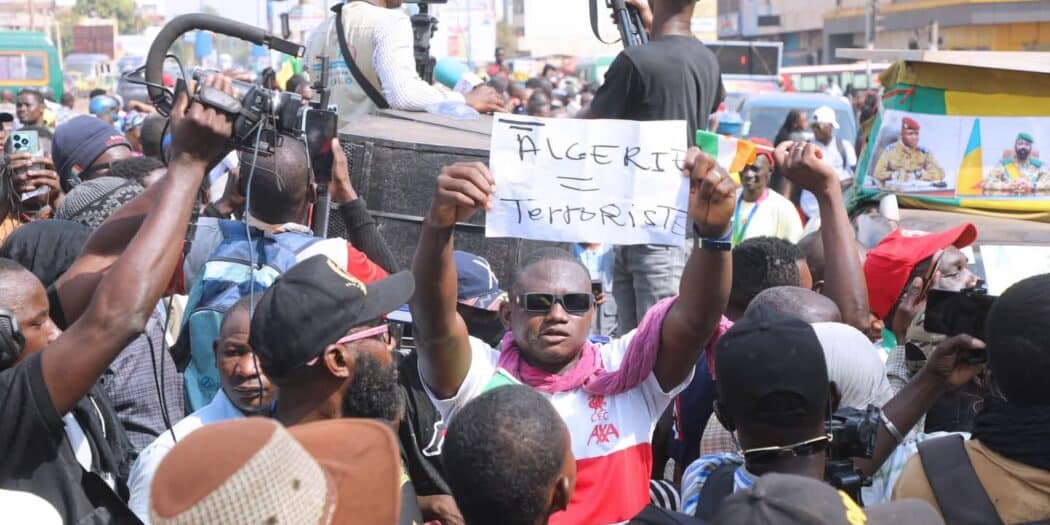
Tense Climate
On the other hand, Mauritanian political analyst Ahmed Mohamed Fall, who closely follows African affairs, stated that the level of escalation reflects the “depth of the crisis between the four countries.”
“The land border between Algeria and Mali has been closed for some time, and now the airspace has been shut down, which indicates that the crisis is escalating,” he told Arabi21.
However, he dismissed the chance of the crisis escalating into a direct military clash.
Algeria, as a key regional power, will not accept being dragged into a military confrontation with countries governed by “coup leaders and politically unstable regimes,” according to Mohamed Fall.
He also predicted significant developments in the Sahel region in the coming period, given the growing international polarization, as the Sahel countries have become a battleground for influence among various global powers.
In his analysis of Algeria’s perspective, political science and international relations professor Zoheir Bouamama emphasized that “Algeria is fully aware that the attack on its territory with the Malian drone is not unrelated to the influence of Assimi Goita [interim president of Mali] and his group, who are aligned with an agenda from a regional state seeking to use them to create an unstable and tense environment along our southern borders,” referring to Morocco.
“This time, the decision of Algeria’s political and military leadership will be that Goita and his group must pay a heavy price for their audacity in attacking Algeria in such a way,” he said during an interview on Algeria International Channel.
“They have dared to attempt an assault on our sovereignty, and everyone knows the importance of sovereignty for Algerians and the Algerian state.”
“All possibilities are on the table, and I believe we have reached a point of no return—not with the Malian people, but with those who have seized power and now find themselves as tools in the hands of others,” Bouamama added.
“Algeria has always been keen to keep Mali out of political disputes, consistently advocating for national reconciliation within Mali, meaning that the settlement must be based on Malian agreements.”
“There is no doubt that these settlements must be supported and accompanied by international or regional support, and this is the crux of the issue now,” he concluded.
Silent Party
Algerian opposition figure Oualid Kebir stated that analyzing the current situation with the three countries requires attention to the fact that his country’s regime has become entangled in a long-standing regional conflict over the Western Sahara issue, using the country’s resources and wealth to fuel a futile struggle.
“This issue, which the Algerian regime once believed to be a strategic leverage, has gradually turned into a heavy burden, leading the country toward disasters, resulting in isolation and collapse,” he told Al-Estiklal.
“Instead of developing the rich south and benefiting marginalized citizens from its wealth, Algeria allocated its resources to prolonging a conflict that serves no purpose.”
“Algeria has found itself in increasing diplomatic isolation due to this issue [the Sahara region], which has cost it its influence and prestige on the international stage, with the country clinging to an outdated, unpleasant narrative,” he added.
“With the recognition of Morocco’s sovereignty over its Sahara by the United States, Spain, Germany, and France, along with the consistent support for Morocco from most Arab, Islamic, and African countries, and the abandonment of most South American countries' pro-Polisario stance, the world is increasingly convinced that what Algeria promotes is merely a fraudulent narrative based on an illusion.”
“It is clear that Algeria’s bet on a losing cause will destroy it from within, and we are already seeing the repercussions of this, with direct effects on the citizens,” Kebir said.
The Algerian opposition figure warned that “the country’s stubbornness, refusal to acknowledge setbacks, loss of allies, and repeated clashes with countries near and far, all driven by hostility toward Morocco, have come at a steep cost.”
Kabir called on Algeria to reconsider its stance and prioritize reason and national interest above all else, or risk facing an irreversible collapse as a state.
Amid the ongoing crisis between Algeria and Morocco, driven by Algeria’s backing and hosting of the Polisario Front in the Western Sahara dispute, the two countries' actions across Africa are shaped by rivalry and frequent clashes.
In this context, African affairs and international relations expert Ahmed Nour al-Din stated that understanding what is happening requires attention to the fact that “Algeria works to perpetuate conflicts with its neighbors to impose guardianship and dominance over them, and several statements and positions have clearly confirmed this.”
“Algeria obstructs any solutions that do not serve its objectives in the region, and President Tebboune clearly acknowledged this at the end of 2020 following the first coup in Mali, stating that the resolution of the Mali crisis would not happen without Algeria’s approval,” he told Al-Estiklal.
“This dangerous statement means that Algeria will block any international or regional initiative if it does not serve its goals, Algeria is indeed doing this in multiple ways.”
“Behind this, Algeria fears that solving the Azawad issue will prompt the Tuareg people, whom French colonialism joined to Algeria, to demand independence,” the expert said.


